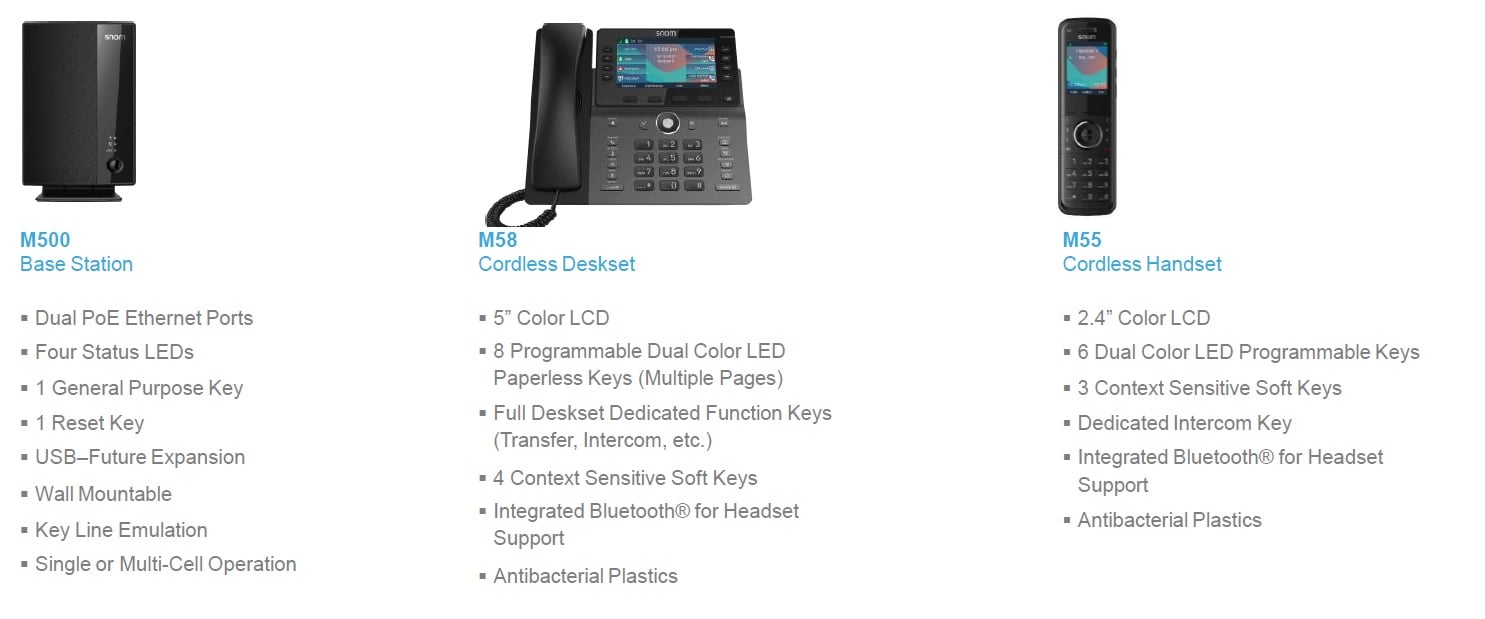We get it. Everyone in one way or another is adopting or trying to adopt public cloud. It’s the “race to the bottom” right? Here is the thing, none of these providers’ support, suggest, recommend, or have any SLA’s around real time communications, telephony, or video. Actually, if you study the Terms of Service for any of the above companies closely you will find that they specifically tell you that it isn’t supported.
 Who cares if its “supported” or not if I can install my stuff there why shouldn’t I? Simple, if you are just experimenting do whatever you want. If you are trying to put a production system, there then you can’t rely on it. It’s the same as trying to take a VW Jetta and tow a boat. Can you try it? Sure! Will it turn out well? Probably not! Why won’t it work well? Think about what the public cloud is really. It’s oversubscribed hardware resources with as many virtual machines they can get on top of it. In a real time communications world if the “math” isn’t done correctly then once you get past “low volume traffic” things go downhill quickly. Clearly in a public cloud, you have no control on how oversubscribed the hardware layer of the upstream provider will be so the “math” isn’t quite conducive to what we are trying to accomplish here.
Who cares if its “supported” or not if I can install my stuff there why shouldn’t I? Simple, if you are just experimenting do whatever you want. If you are trying to put a production system, there then you can’t rely on it. It’s the same as trying to take a VW Jetta and tow a boat. Can you try it? Sure! Will it turn out well? Probably not! Why won’t it work well? Think about what the public cloud is really. It’s oversubscribed hardware resources with as many virtual machines they can get on top of it. In a real time communications world if the “math” isn’t done correctly then once you get past “low volume traffic” things go downhill quickly. Clearly in a public cloud, you have no control on how oversubscribed the hardware layer of the upstream provider will be so the “math” isn’t quite conducive to what we are trying to accomplish here.
When you are talking about Cloud UC or Hosted VoIP the other thing you want to make sure is that the “Cloud”, data center, network, is voice centric if not voice only traffic all together. If you want to stack a UC platform on top of a data center or network with a lot of other traffic, then you chance of a poor experience is high. Sure you can try all the tricks in the book to try and setup rules, routes, priority, etc but that’s no promise that it will continue working well as your data traffic changes, grows, and multiples.
We get inquires all the time from companies who have tried going down this road despite all of the signs and factors not to. The predominate reason for reaching out is that once they get past a nominal amount of traffic the call quality in public cloud instances degrades dramatically. Here at BVoIP while we leverage the power or Rackspace’s network we are on dedicated physical servers which only handle our UC network traffic. We are behind firewalls that only process our Cloud PBX traffic. In the overall scheme of things when you are only concentrating on one type of technology to deliver it becomes far more simple to handle Quality of Service, Bandwidth Shaping, and Scalability. When you need to rely on a voice centric platform and network it’s critical that you give yourself the best chance to succeed rather than multiple issues to overcome before you even get out of the gate.
























